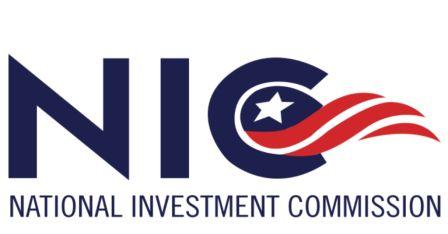Invest in Liberia
Economic Outlook
Both the World Bank and IMF have certified that Liberia’s macro-economic fundamentals are in the right direction. Liberia has enhanced the autonomy of the Central Bank by amending the Act to strengthen its regulatory role. Under the program with the Fund, the country has met benchmarks to improve United States Dollar liquidity and bring stability to the banking sector. The Fund views the debt burden as being sustainable. The World Bank views the country’s performance as supportive of market improvements, laying the groundwork for anticipated economic recovery.
On the fiscal front, domestic sources for revenues have been broadened and revenue collection efforts strengthened by consolidating all collections under the Liberia Revenue Authority (LRA). Additionally, the government is ensuring that public sector institution expenditures fall within approved budgets and that they utilize the Integrated Financial Management Information System (IFMIS) to record and report financial transactions.
The experience of and lessons learned from the Ebola Virus Disease epidemic have assisted the country’s response to and reduce the impact of Covid-19. With international financial assistance, vulnerable groups and households have been supported with survival relief packages.
Despite the challenges imposed by the global impact of COVID-19, Liberia remains optimistic that the economy will turn around soonest. The focus of economic activity will be productivity-driven growth and diversification under an Inclusive Growth Development Operations program with the World Bank. Those who would benefit from engagement with Liberia in the medium-term would act smart now by commencing engagement with Liberia.
Top Reasons to Invest in Liberia
Political Stability
Liberia has been peaceful and politically stable for nearly two decades. There have been three (3) successive rounds of transparent, free, and fair elections with President George Weah taking office in the last general election held in 2017.
No Restrictions on the Repatriation of Profits
The laws of Liberia, particularly, the Investment Act of 2010, allow the repatriation of profits and dividends, net of taxes.
Low Cost of Labor
The population is youthful (about 65% is under 25 years) providing a potential source of workers. The cost of labor is low, currently set at a minimum of US$6.00 per day for unskilled labor since the passing of the minimum wage bill in 2013.
Abundant Natural Resources
Liberia has substantial natural resources including 4 million hectares of arable land, abundant water, resources, and timber, as well as minerals such as iron ore, gold, bauxite, and diamonds, including marine resources. Liberia has the highest water resource availability per capita in West Africa.
Access to Regional Markets
Liberia has access to the ECOWAS sub-regional market (Benin, Burkina Faso, Cabo Verde, Cote d'Ivoire, The Gambia, Ghana, Guinea, Guinea-Bissau, Liberia, Mali, Niger, Nigeria, Senegal, Sierra Leone, and Togo) which has a total area of 5.12 million km² and In 2017, the total population for the region was 371.4 million people
Source: International Labor Organization, Labor Migration Statistics Report, 2017
Access to International Markets
Liberia has preferential/ free trade agreements with the European Union through the Everything but Arms agreement (EBA), United States African Growth and Opportunity Act (AGOA). Liberia also has long trade and commercial relations with many Asian and other countries.
The Government of Liberia has recently approved a new investment incentive code and a new revenue code. Revisions to the Revenue Code have lowered the maximum corporate and personal tax rate from 35 percent to 25 percent. Liberia’s Investment Act of 2010 ensures the following:



